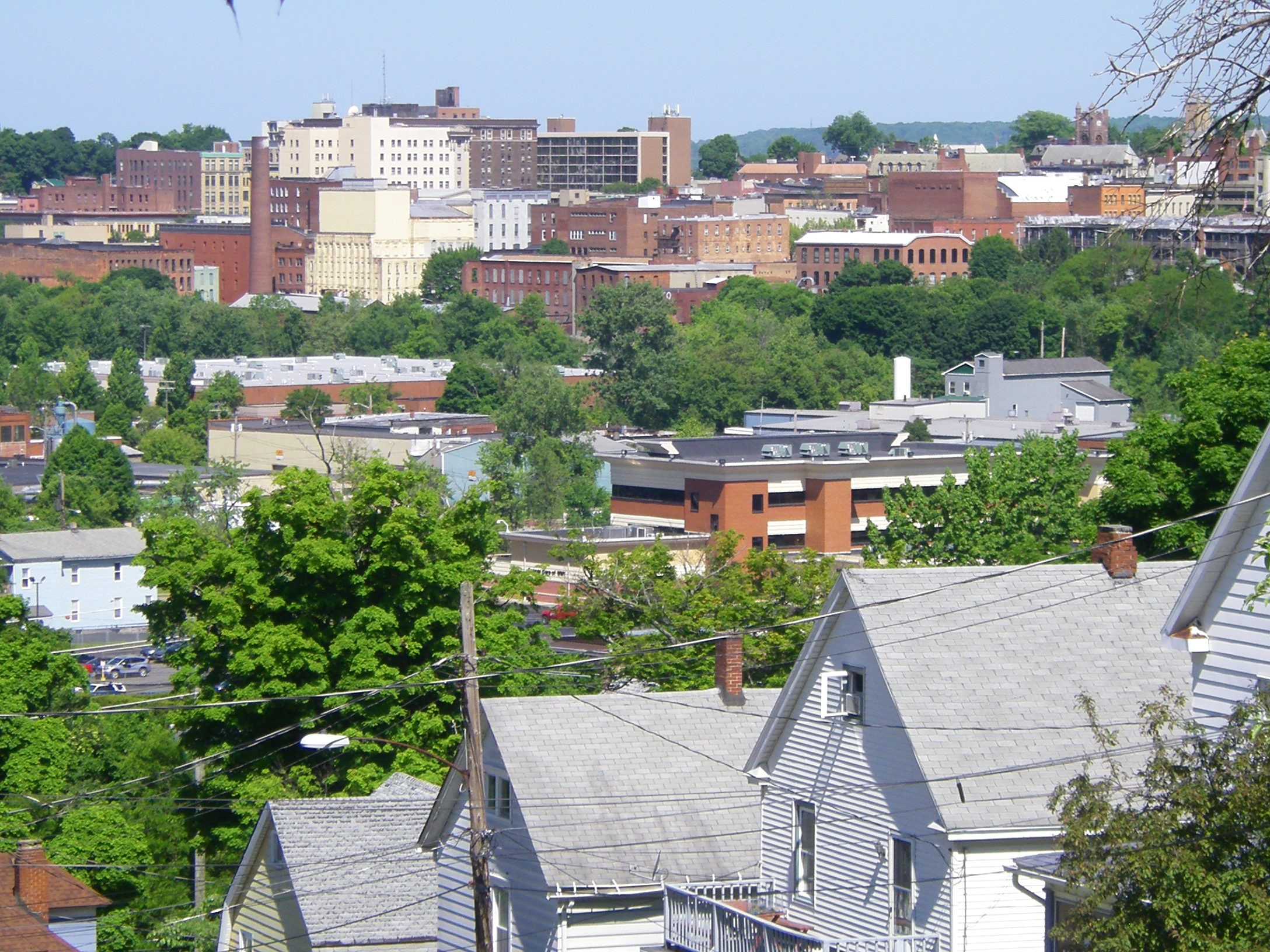Jamestown’s responsible landlords are suffering at the hands of irresponsible landlords. And so is every neighbor. And every taxpayer.
From chronic blight to daily nuisances, the ill effects of under-regulated rental housing have been apparent for a while, but they’re becoming harder and harder to ignore.
Responsible owners of rental property suffer because landlords who refuse to monitor or invest in their properties compete for tenants with those who do. This destabilizes the rental market, dampens rent, and makes it difficult for good landlords to reinvest in aging properties.
Neighbors suffer because neglected rental properties devalue surrounding homes, attract criminal activity, and diminish quality of life.
And taxpayers suffer because the burden placed on public services by problem-prone rentals – notably on police and fire services – are borne by a tax base weakened by those same properties.
These consequences are feeding the vicious cycle of disinvestment now familiar in many Jamestown neighborhoods. And they’re limiting the impact of every positive step being taken to make neighborhoods better.
But Jamestown is not alone. Fortunately, examples abound from communities with similar problems where direct and aggressive action is being taken to address rental blight and reinforce other revitalization strategies.
In Jamestown, work has been under way for a few years to learn from other communities and identify options. But 2015 needs to be a year of implementation, of turning ideas into action.
Which ideas should be on City Council’s plate this year? One is a chronic nuisance property code, a law that targets properties that generate numerous police calls and nuisance complaints. Once a property generates a certain number of calls in a given period, local police or code officials contact the owner and work on a plan to address the problem. Penalties are assessed to owners who are unresponsive.
Jamestown Police Chief Harry Snellings, who has been researching the use of nuisance property codes as tools for crime prevention, has paid particular attention to Milwaukee’s version of the law. In that city, three nuisance activities in a 30 day period (including loud music, loitering, and drug activity) or two more serious incidents within a one year period triggers police department contact with the property owner. If the owner fails to respond with a plan to end the nuisance, or fails to make progress, the cost of all future police calls are added to the property’s taxes. In that city, 81 percent of cases are resolved without a need for penalties.
While a chronic nuisance property code would apply to all properties and not just rentals, it would have its greatest impact on properties that generate the most complaints and police calls – which happen to be multi-unit properties.
A licensing and inspection ordinance, something the JRC has researched along with a team of neighborhood leaders, would focus specifically on rentals. While many versions of this law have been implemented by hundreds of very different communities, the basics are generally the same: rental units must pass routine inspections for basic safety and maintenance standards in order to receive an occupancy license.
Under such a program, the owners of rental units that don’t pass inspection must remedy the situation in 30 to 60 days. If it fails another inspection, the property cannot be occupied and the owner loses all rental revenue until it passes inspection. This is how it works in Rochester, NY; Erie, PA; and the hundreds of other U.S. cities that have had to grapple with a large supply of unsafe and poorly maintained rental properties.
A rental licensing and inspection ordinance and a nuisance property code should both be on the table this year and serious efforts made to hone versions of these laws that will work for Jamestown. Much has happened to make 2015 the year to act: the city’s new MyGov code enforcement system will be in place, a new judge has brought a renewed focus on healthy neighborhoods to City Court, and an expansive new demolition partnership between the city and Land Bank will be expediting the removal of Jamestown’s most blighted properties.
Progress is being made on several fronts. But the momentum can’t be sustained without action to ensure that all rental units are safe, maintained, and responsibly managed.
–Peter Lombardi
This post originally appeared in The Post-Journal on January 5, 2015, as the JRC’s biweekly Renaissance Reflections feature.

